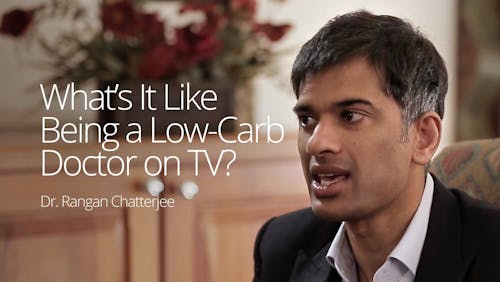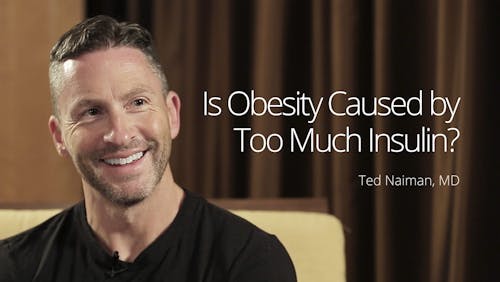The metabolic impact of keto for those with and without type 2 diabetes

In research, a meta-analysis is a statistical procedure that compiles the results of several existing scientific studies that address the same question.
This method was employed in a recent study; a collection of randomized controlled trials was reviewed to draw conclusions about the metabolic impact of following a ketogenic diet. This review appeared in Multidisciplinary Digital Publishing Institute (MDPI), a publisher of open access journals.
The authors of this analysis started with 251 studies and ended up with just 14 randomized controlled trials that qualified for inclusion in their analysis. Eight of these observed people with type 2 diabetes, and six studies looked at people without a diabetes diagnosis. Some of the studies lasted only four days, whereas others lasted 12 months.
Before we dive into this review’s findings, it’s important to note that there are pros and cons when attempting to draw conclusions by way of meta-analysis.
One pro — the very fact that researchers can perform a meta-analysis on the metabolic impact of a ketogenic diet shows there is already a great deal of accumulated research on the subject.
On the other hand, studies are rarely — if ever — structured with the same intervention, the same time course, or the same baseline population. That can make compiling and interpreting the data especially tricky.
This new review is no different. This analysis revealed significant overall improvement for those with type 2 diabetes in blood sugar, measured by hemoglobin A1c (HbA1c), and insulin resistance, measured by a blood test called HOMA-IR.
Interestingly, fasting blood sugar did not improve, which is a reflection of the inadequacy of using fasting glucose as a marker rather than a critique of keto’s effectiveness.
The paper states that there was no significant difference in these parameters for those without diabetes — but they list only one study for each lab parameter. I find this strange, but that is the downside to working with a small pool of studies due to rigorous inclusion criteria.
The meta-analysis also concluded that patients with diabetes lost an average of 7 kilos more when on a keto diet compared to other dietary interventions.
Last, in overweight patients with type 2 diabetes, patients following a keto diet showed a much greater improvement in triglycerides and high-density lipoproteins (HDL) cholesterol with no significant change in low-density lipoproteins (LDL) cholesterol. In contrast, for those without diabetes, the changes were not significant.
The study’s conclusion is that keto diets are effective for weight loss and glycemic control in patients with type 2 diabetes. This adds to mounting evidence that led major institutions, like the American Diabetes Association, to officially endorse low-carb diets..
What about keto’s effects in people without diabetes? The conclusion seems to be that keto is no better than the comparative diet. But, as we look closer, clear problems with this conclusion emerge.
But the authors only included just one study for the analysis of HbA1c in people without diabetes, and this compared a keto diet to a low-fat diet plus a weight loss drug, thus negating the better appetite control and weight loss from a keto diet.
As for insulin resistance, the authors again only included one study, which observed kids and adolescents and compared a keto diet to a hypocaloric diet — where both groups improved equally.
Additionally, studies — such as that by Hyde et. al. showing greater improvement in metabolic syndrome and insulin resistance from low carb, independent of weight loss — were not included.
When it comes to a lack of improvement in lipid parameters for those without diabetes, the studies included were the same two just mentioned, plus two others, which observed only women who also engaged in vigorous new exercise programs.
Can we conclude that keto is no better than comparative diets or medications for those without diabetes? I think that the inadequacies of the underlying studies undermine this conclusion.
Another way to look at these results is to note that if someone already has diabetes, a small difference between dietary interventions makes a big impact. But for those without the disease, a bigger difference in interventions is necessary to get the same impact.
We recognize this potential difference. In our guide, Is a low-carb or keto diet right for you?, we suggest a keto diet for those trying to treat or reverse an established medical condition, such as type 2 diabetes, and for those trying to lose a lot of weight.
For others, there may not be much of a difference between keto and a more moderate low-carb approach, but the only way to find out is to give both a try!
Nutritional science is rarely straightforward. At DietDoctor, we want to help you make sense of it all. Hopefully, this study review clarified the results and allowed you to make better sense of where your nutritional path to health may begin.
Thanks for reading,
Bret Scher, MD FACC
Earlier
Intermittent fasting in women over 60























